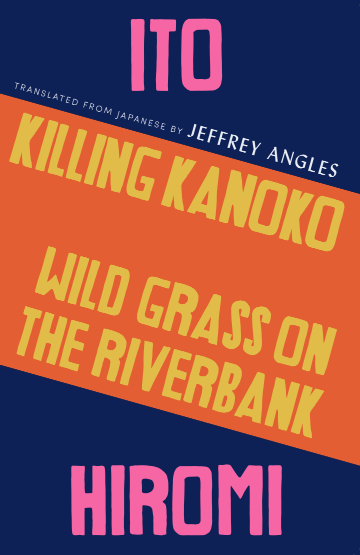Can you speak Japanese?No, I cannot speakYes, I can speakYes, I can speak but cannot readYes, I can speak and read but cannot writeYes, I can speak and write but cannot understandI was a good childYou were a good childWe were good childrenThat is goodI was a bad childYou were a bad childWe were bad childrenThat is badTo learn a language you must replace and repeatI was an ugly childYou were an ugly childWe were ugly childrenThat is uglyI am boredYou are boredWe are boredThat is boringI am hatefulYou are hatefulWe are hatefulThat is hatredI will eatYou will eatWe will eatThat is a good appetiteI won’t eatYou won’t eatWe won’t eatThat is a bad appetiteI will make meaningYou will make meaningWe will make meaningThat is conveying languageI will use JapaneseYou will use JapaneseWe will use JapaneseThat is JapaneseI want to rip off meaningYou want to rip off meaningWe want to rip off meaningThat is the desire to rip off meaningI want to show contempt for language as nothing more than raw materialYou want to show contempt for language as nothing more than raw materialWe want to show contempt for language as nothing more than raw materialThat is, language is nothing more than raw materialI will replace words mechanically and make sentences impossible in real lifeYou will replace words mechanically and make sentences impossible in real lifeWe will replace words mechanically and make sentences impossible in real lifeThat is replacing words mechanically and making sentences impossible in real lifeRip off meaningSound remainsEven so we search for meaning. The primitive reflex of a newborn sucking a finger one sticks one outThe primitive reflex of a newborn sucking a finger I stick outThe primitive reflex of a newborn sucking a finger you stick outThe primitive reflex of a newborn sucking a finger we stick outThe primitive reflex of a newborn sucking a finger that sticks outAs for me, meaningAs for you, meaningAs for us, meaningIs meaning, that isDo not communicateAs for me, do not communicateAs for you, do not communicateAs for us, do not communicateDo not do that, that is communicationMeaning ripped apart and covered in blood is surely miserable, that is happinessI am happy meaning covered in blood is miserableYou are happy meaning covered in blood is miserableWe are happy meaning covered in blood is miserableThe blood-covered meaning of that is blood-covered misery, that is happiness
The Maltreatment of Meaning
Feature Date
- February 1, 2021
Series
- Translation, What Sparks Poetry
Selected By
Share This Poem
Print This Poem
“The Maltreatment of Meaning” from Killing Kanoko / Wild Grass on the Riverbank: by Hiromi Itō, English Translation by Jeffrey Angles.
Published by Tilted Axis Press 2020.
Copyright © 2020 by Jeffrey Angles.
All rights reserved.
Reproduced by Poetry Daily with permission.

Hiromi Itō is one of the most important poets of contemporary Japan. She is often credited with revolutionizing postwar Japanese poetry with her work focusing on sexuality, childbirth, and women’s bodies — including Killing Kanoko.
She later moved to the U.S., and has since focused on migration and the psychological effects of linguistic and cultural alienation. She is the author of over ten collections of poetry, which have won the prestigious Gendai Shi Techo Prize and the Takami Jun Award; numerous essay collections and translations; and several novellas and novels, which have won the Noma Literary Prize, the Hagiwara Sakutarō Prize and the Izumi Shikibu Prize.

Dirk Skiba
Jeffrey Angles lives in Kalamazoo, where he is an associate professor of Japanese and translation at Western Michigan University. He is the author of Writing the Love of Boys (University of Minnesota Press, 2010) and the award-winning translator of dozens of Japan’s most important modern Japanese authors and poets.
Winner of the 2006 Takami Jun Prize
A landmark dual collection by Hiromi Itō, one of the most important contemporary Japanese poets, in a “generous and beautifully rendered” translation by Jeffrey Angles.
Now widely taught as a feminist classic, Killing Kanoko is a defiantly autobiographical exploration of sexuality, community, and postpartum depression, featuring some of Ito’s most famous poems.
Set simultaneously in the California desert and Japan, Wild Grass on the Riverbank focuses on migration, nature, and movement. At once grotesque and vertiginous, this later collection interweaves mythologies, language, sexuality and place into a genre-busting narrative of what it is to be a migrant.
Poetry Daily Depends on You
With your support, we make reading the best contemporary poetry a treasured daily experience. Consider a contribution today.




